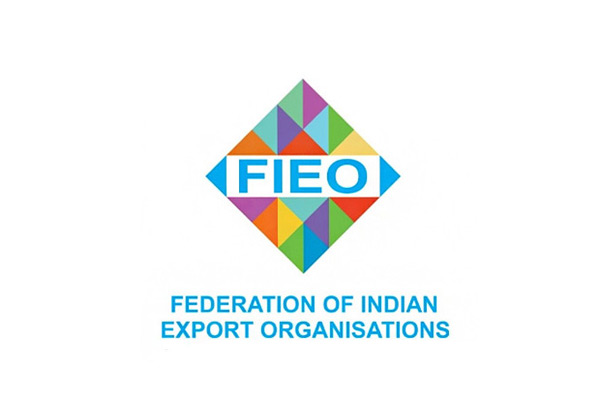
Indian traders on edge as exports worth $64 billion at risk as an impact of the Red Sea crisis : FIEO
NEW DELHI : Indian exports have so far braved the Red Sea crisis with outbound shipments registering a 3.1 percent rise in January, offering consolation that the country may escape the worst of the ongoing tensions at sea, but traders remain on the edge.
A survey by the Federation of Indian Export Organisations (FIEO), shows that Indian exports worth $64 billion could be impacted due to the Suez Canal crisis across a range of sectors, including plastic, rice and garments.
According to the FIEO analysis, around 14 percent of India’s total merchandise exports of $447.46 billion, as per FY23-levels, are suffering.
Since the outbreak of the Israel-Hamas war in October, the Red Sea has been in the news for periodic attacks by Houthi rebels of Yemen on commercial vessels passing through the Suez Canal, a crucial choke point for global maritime commerce.
Red flags
The FIEO survey of 170 exporters from across India reveals that the impact of the ongoing crisis is widespread. Some of the key merchandise exports that have been adversely affected include sesame oil, rice, coffee, coconuts, frozen buffalo meat, spices, pharmaceuticals, textiles and garments, leather footwear and accessories, engineering goods and plastic packaging items.
The survey showed that the maritime tensions have impacted the flow of Indian goods to countries and blocs such as the UK, the USA, Europe, the Middle East and Africa, among others.
India uses the Red Sea route through the Suez Canal to trade with Europe, North America, North Africa and parts of the Middle East. According to Crisil Ratings, these regions accounted for around 50 percent of the South Asian nation’s exports worth Rs 18 lakh crore and about 30 percent of imports amounting to Rs 17 lakh crore last fiscal.
Given that about 30-35 percent of the production of agricultural commodities like Basmati rice is shipped to these regions, exporters are feeling the pressure as rising freight costs have curbed outbound shipments and a part of their inventory is now being sold in the domestic market, leading to a moderation in realisations, Crisil said in a note on January 25.
“The worst affected are certain food items or agricultural produce since it cannot survive the impact of being at sea for a longer duration,” an official from a trade advisory body told.
This person added that the full impact of the Red Sea crisis is likely to be more visible in India’s export figures February onwards.
